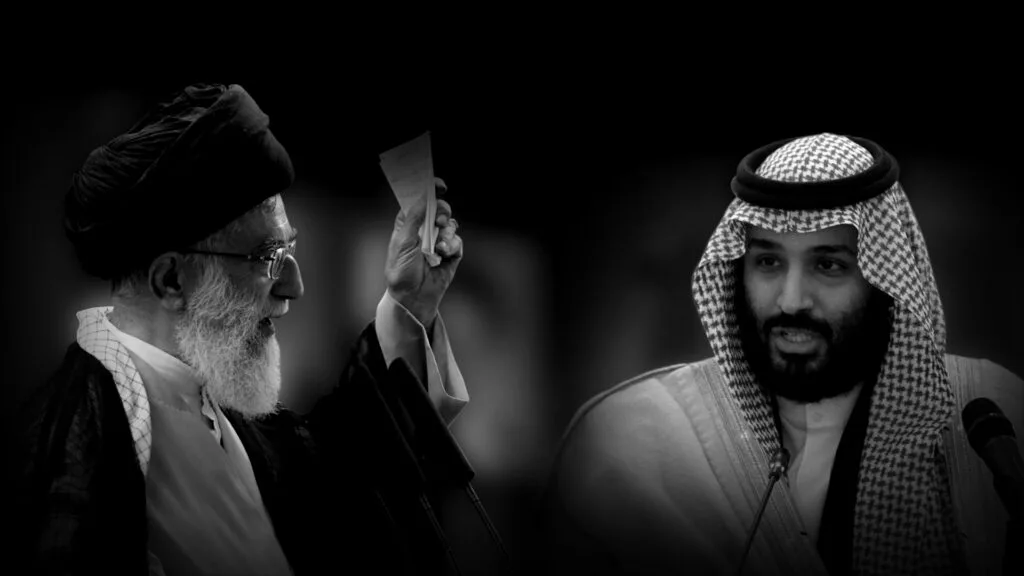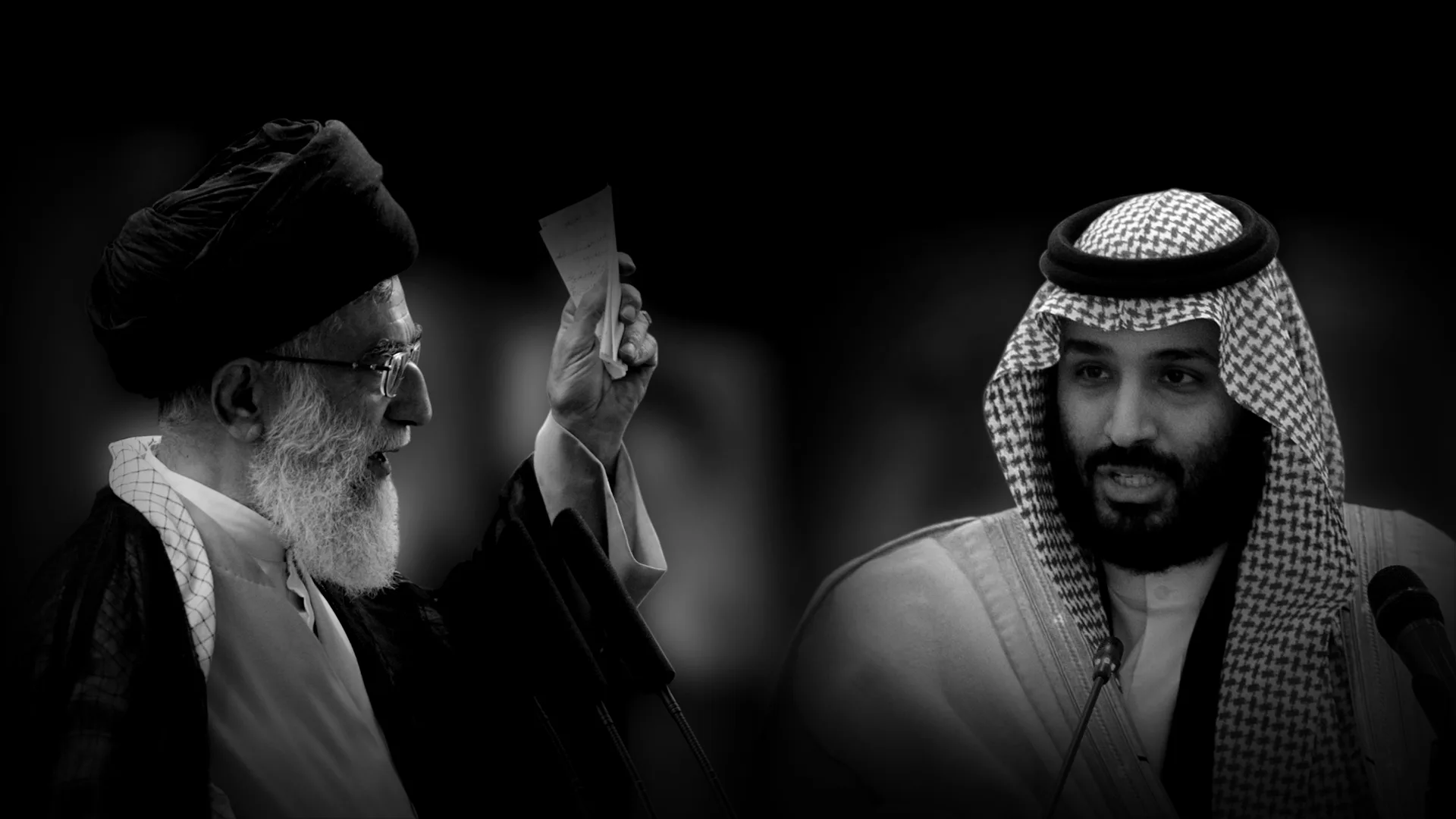Saudi Official Makes Rare Reflection on Kingdom’s Role in Rise of Extremism
February 20, 2018
Share
In Saudi Arabia, it can be rare for leaders to openly acknowledge any link between the kingdom’s ultra-conservative strain of Sunni Islam known as Wahhabism, and the global rise of extremism and terrorism. Instead, the government frequently blames extremism on the kingdom’s arch-nemesis, Iran.
But in a conversation with FRONTLINE’s Martin Smith in the new documentary Bitter Rivals: Iran and Saudi Arabia, Saudi Arabia’s foreign minister makes a rare on-camera reflection. Adel al-Jubeir tells Smith that while he primarily blames Iran’s Shia revolution for sparking a rise in Sunni extremist ideologies that were eventually adopted by Al Qaeda and ISIS, Saudi Arabia deserves some blame, too.
As the two-part film explores, during the 1980s, the United States and Saudi Arabia jointly funded and trained the Afghan mujahedeen to oppose the Soviets in Afghanistan. Wahhabi clerics in Saudi Arabia put a call out for holy warriors that aspiring jihadists, including Osama bin Laden, would ultimately answer. When the war ended, many of these mujahedeen fighters would mature into the jihadists of Al Qaeda and ISIS, encouraged by Saudi Wahhabi teachings.
“Why was it that this extremism came from your schools and from your mosques?” Smith asks al-Jubeir.
“The provocation of the Iranian revolution created a reaction in the Sunni world that then translated into extremism and violence on our streets,” al-Jubeir responds.
“So you blame the Iranians?” Smith says.
“In part, yes. And in part I blame ourselves, also, in hindsight,” continues Al-Jubeir. “Are there things that we could have done? Probably. But at the time … that all these forces were being unleashed, you deal with them at the time. Thirty years later, you can go back and say, ‘Could things have been done differently?’ Of course.”
Smith tells Al-Jubeir that’s something many Americans feel that they never hear from Saudi Arabia.
“But that’s the reality,” Al-Jubeir responds. “That’s the nature of life. You learn as you go.”
Filmed on the ground in Iran, Saudi Arabia, Pakistan, Iraq, Lebanon, Syria, and Yemen, Bitter Rivals investigates how a 40-year political rivalry between Tehran and Riyadh has wreaked havoc across the Middle East and fueled sectarian extremism for political gain — with virtually every step the U.S. has taken along the way only contributing to the instability of the region.
Part one, airing Tuesday, Feb. 20 on PBS and online, traces the history and evolution of the countries’ feud, starting with the 1979 Iranian revolution. Part two, airing Feb. 27, explores how the rivalry is playing out today, with rare access inside the devastating conflicts in Iraq, Syria and Yemen. (Check local listings.)
From Smith, FRONTLINE founder and executive producer at large David Fanning and producer Linda Hirsch, the series offers a dramatic and timely road map for viewers to understand the forces shaping this complex region.

Related Documentaries
Latest Documentaries
Related Stories
Related Stories
Explore
Policies
Teacher Center
Funding for FRONTLINE is provided through the support of PBS viewers and by the Corporation for Public Broadcasting, with major support from Ford Foundation. Additional funding is provided the Abrams Foundation, Park Foundation, John D. and Catherine T. MacArthur Foundation, Heising-Simons Foundation, and the FRONTLINE Trust, with major support from Jon and Jo Ann Hagler on behalf of the Jon L. Hagler Foundation, and additional support from Koo and Patricia Yuen. FRONTLINE is a registered trademark of WGBH Educational Foundation. Web Site Copyright ©1995-2025 WGBH Educational Foundation. PBS is a 501(c)(3) not-for-profit organization.





















